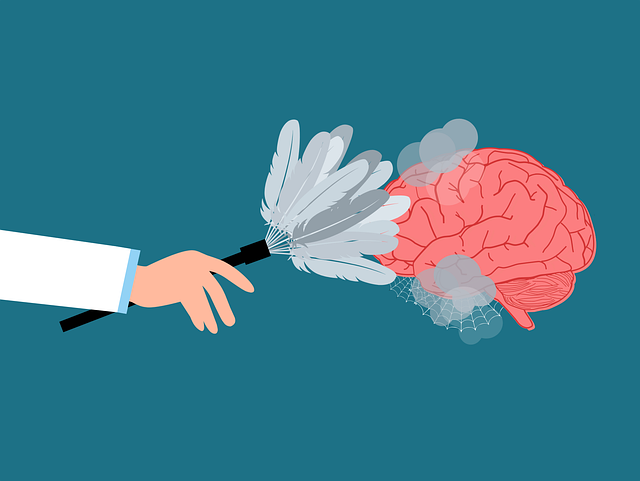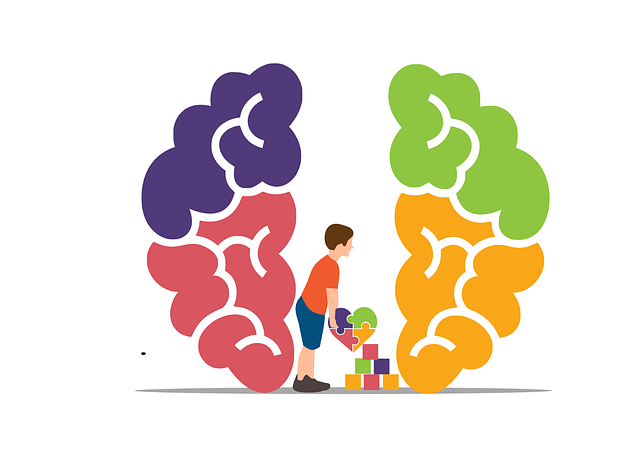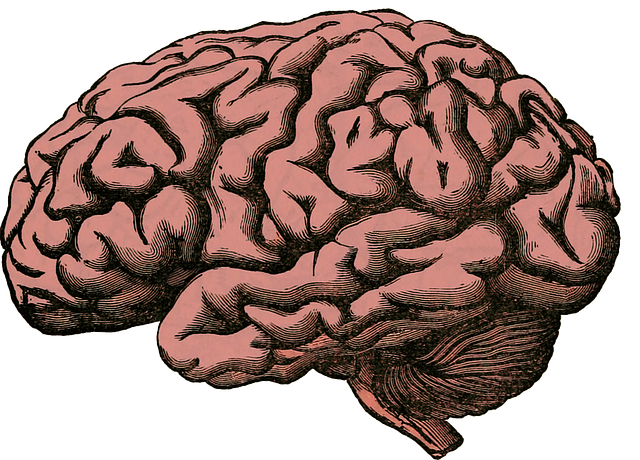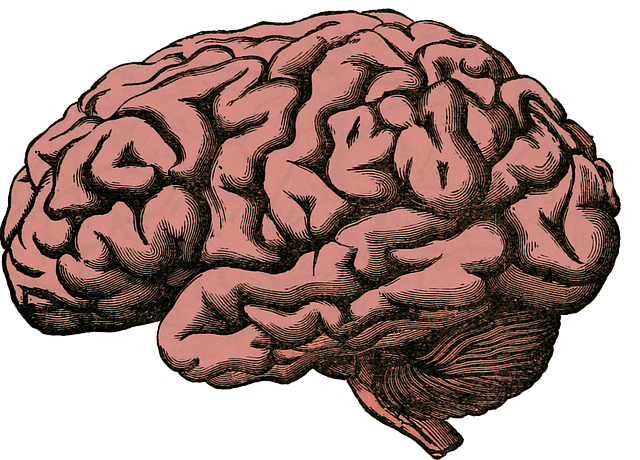Healthcare provider burnout, driven by stressful work environments, negatively impacts both well-being and patient care. Denver International Adoptions Therapy (DIAT) offers a holistic solution through community outreach and mental wellness coaching programs, focusing on self-care, resilience building, and cultural sensitivity. By encouraging open communication, mindfulness, flexible scheduling, and peer support, healthcare organizations can prevent burnout, improve job satisfaction, and enhance patient connections, ultimately fostering a happier and more motivated workforce. DIAT's approach prioritizes long-term career success and well-being through comprehensive strategies targeting both mental and physical health.
Healthcare provider burnout is a growing concern, impacting quality of care and patient outcomes. This article explores comprehensive strategies to prevent burnout, focusing on both individual and organizational levels. We delve into understanding burnout’s subtle signs and symptoms, drawing from innovative approaches like the Denver International Adoptions Therapy for well-being. Additionally, we discuss creating supportive work environments, empowering self-care practices, fostering resilience through colleague support networks, and more.
- Understanding Burnout: Recognizing the Signs and Symptoms
- The Denver International Adoptions Therapy Approach to Well-being
- Creating a Supportive Work Environment: Strategies for Healthcare Organizations
- Self-Care Practices: Empowering Healthcare Providers for Longevity
- Building Resilience: Fostering a Community of Support among Colleagues
Understanding Burnout: Recognizing the Signs and Symptoms

Burnout among healthcare providers is a growing concern, affecting both individual well-being and patient care quality. It manifests as a state of emotional exhaustion, depersonalization, and reduced personal accomplishment, often triggered by prolonged exposure to stressful work environments. Recognizing these signs early is crucial for effective intervention. Healthcare workers may exhibit increased irritability, insomnia, fatigue, and detachment from patients or colleagues, which could be indicators of burnout.
At Denver International Adoptions Therapy, we understand the unique challenges faced by healthcare professionals. Our Community Outreach Program Implementation and Mental Wellness Coaching Programs Development focus on empowering providers with strategies to manage stress and enhance resilience. By prioritizing mental wellness through emotional healing processes, we aim to equip healthcare workers with tools to navigate their demanding careers, ultimately preventing burnout and promoting sustainable practices.
The Denver International Adoptions Therapy Approach to Well-being

The Denver International Adoptions Therapy (DIAT) Approach offers a unique and holistic perspective on addressing healthcare provider burnout, particularly among mental health professionals. This therapeutic model recognizes that burnout is multifaceted, influenced by individual factors as well as systemic pressures. DIAT emphasizes the importance of self-care and resilience building, incorporating techniques to enhance both emotional and psychological well-being.
By integrating risk assessment for mental health professionals into its framework, this approach encourages practitioners to prioritize their own mental health. It promotes cultural sensitivity in mental healthcare practice, acknowledging the impact of diverse backgrounds and experiences on burnout vulnerability. Through targeted interventions focused on confidence boosting, DIAT equips healthcare providers with tools to navigate challenging situations effectively while maintaining a sense of balance and purpose.
Creating a Supportive Work Environment: Strategies for Healthcare Organizations

Healthcare organizations play a pivotal role in fostering a supportive work environment that prevents burnout among their providers. Implementing strategies that prioritize employee well-being can significantly enhance job satisfaction and overall resilience against stress. For instance, promoting open communication channels encourages professionals to share concerns and seek support, creating a sense of unity within the team. Additionally, integrating emotional well-being promotion techniques, such as mindfulness workshops or counseling services, can provide valuable tools for managing workload-related stress.
By embracing innovative practices inspired by models like Denver International Adoptions Therapy, healthcare institutions can cultivate an atmosphere that values every individual’s unique needs. This may include flexible scheduling options, which cater to personal commitments while ensuring adequate coverage. These measures not only alleviate pressure but also foster a culture where mental health is prioritized alongside patient care, ultimately contributing to a happier and more motivated workforce.
Self-Care Practices: Empowering Healthcare Providers for Longevity

In the fast-paced and demanding field of healthcare, burnout is a significant concern for providers who often prioritize patient care above their own well-being. To combat this, integrating self-care practices is essential. Healthcare professionals in Denver International Adoptions Therapy are increasingly recognizing the importance of taking time for themselves to prevent exhaustion and maintain longevity in their careers. This involves adopting holistic strategies that encompass both physical and mental health. Engaging in regular exercise, maintaining a balanced diet, and ensuring adequate sleep are fundamental components of self-care that can enhance overall resilience and reduce stress levels.
Additionally, seeking support through therapy or joining peer support groups fosters a sense of community and provides valuable coping skills development. Mental health awareness is on the rise, encouraging healthcare providers to prioritize their mental wellness coaching programs. These initiatives not only help individuals manage stress but also improve their ability to connect with patients, ultimately benefiting patient outcomes. By investing in their own mental wellness, healthcare professionals can better serve others, ensuring they remain engaged, compassionate, and dedicated to their work over the long term.
Building Resilience: Fostering a Community of Support among Colleagues

In the high-pressure environment of healthcare, burnout is a significant concern. One effective strategy to combat this issue is by building resilience and fostering a supportive community among colleagues. This sense of belonging can act as a buffer against stress and provide professionals with a network of support. Similar to the nurturing care offered at Denver International Adoptions Therapy, where families are guided through complex processes with compassion, healthcare teams can create an environment that nurtures inner strength development.
Encouraging open communication, empathy, and collaboration among colleagues can enhance social skills training. This supports not just professional growth but also personal well-being. By prioritizing mood management techniques and fostering a culture of mutual support, healthcare providers can strengthen their resilience against burnout. These strategies create a healthier, happier, and more productive work environment.
Burnout among healthcare providers is a pressing issue, but with the right strategies, it can be mitigated. By understanding burnout, recognizing signs early, and implementing supportive work environments, self-care practices, and resilience-building initiatives inspired by approaches like the Denver International Adoptions Therapy, healthcare organizations can foster a culture that prioritizes well-being. These strategies not only enhance provider longevity but also improve patient care and organizational success.









